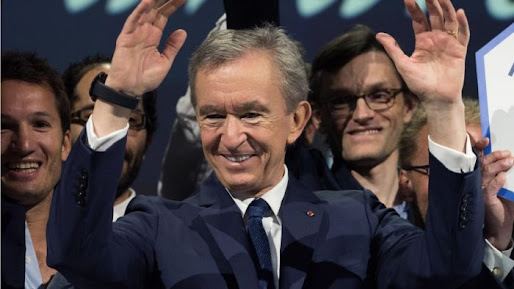Gas will be 'far more expensive' in 2017: analyst
A petroleum analyst says Canadians can expect gas and other energy products to be “far more expensive” in 2017 -- and not only because of new carbon pricing that went into effect in Ontario and Alberta on New Year’s Day.
Dan McTeague, an analyst from GasBuddy.com, told CTV News Channel Monday that he predicts the Organization of the Petroleum Exporting Countries (OPEC) will restrict supply this year and that will cause prices to climb to levels not seen since perhaps 2014. That summer, the average retail price at the pumps topped $1.41.
McTeague said the impact of OPEC’s restrictions combined with the new carbon pricing introduced in Ontario and Alberta mean “the cost of energy is going to be far more expensive.”
That will mean rising prices for everything from home heating to groceries, which are farmed and transported using fossil fuels.
Ontario’s cap-and-trade program was expected to push gasoline prices up by 4.3 cents/litre and Alberta’s carbon tax was expected to push prices up 4.5 cents/litre. At some gas stations in Toronto and Calgary, prices went up more than five cents a litre overnight on Saturday.
Prices rose nationally by 2.4 cents over the past week from 112.0/litre to 114.4/litre, according to Natural Resources Canada.
Opposition politicians in Ontario and Alberta, along with the federal Conservatives, are commenting on the noticeable increase at the pumps.
Ontario PC Party Leader Patrick Brown said that “people should be offended” by the cap-and-trade system introduced by Ontario Premier Kathleen Wynne, which he calls a “revenue grab.”
Brown said he supports carbon pricing but only if it is effective at fighting climate change and “whatever you collect you give back to the people.”
“I’d be happy to pay more if it meant fighting climate change and reducing emissions in Ontario,” he said.
Brown added that he prefers Manitoba’s and B.C.’s approaches to reducing climate-changing emissions. B.C. has had a carbon tax since 2008 while Manitoba’s premier has ruled out cap-and-trade and is considering carbon tax.
Laurentian University political scientist Michael Johns said that the political reality of carbon taxes is that “this is going to be very unpopular in the short term and people tend to vote on short term issues.”
Johns also said that environmental scientists agree climate change must be addressed and that governments who don’t do something now realize “it’s going to be more expensive later on.”



Comments
Post a Comment